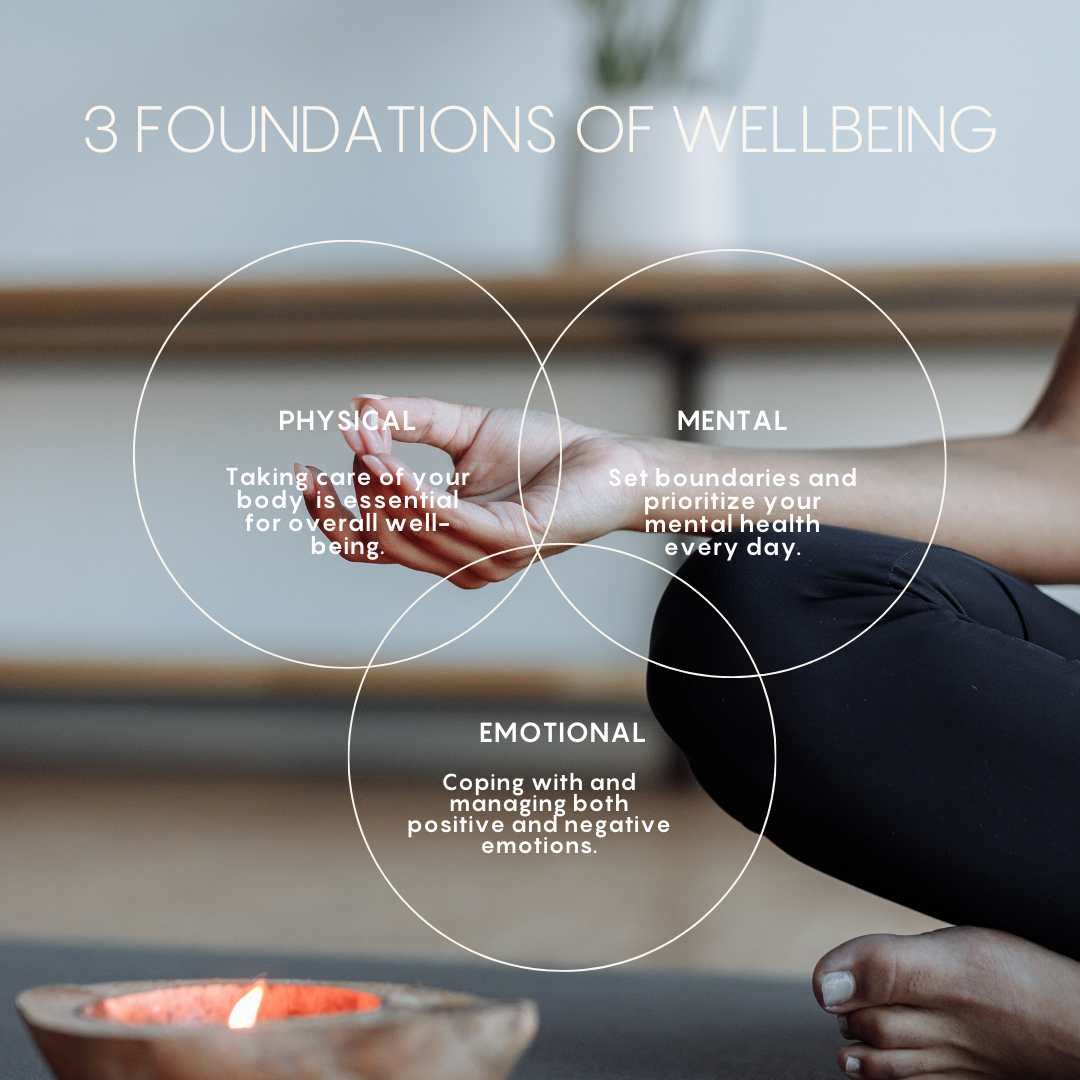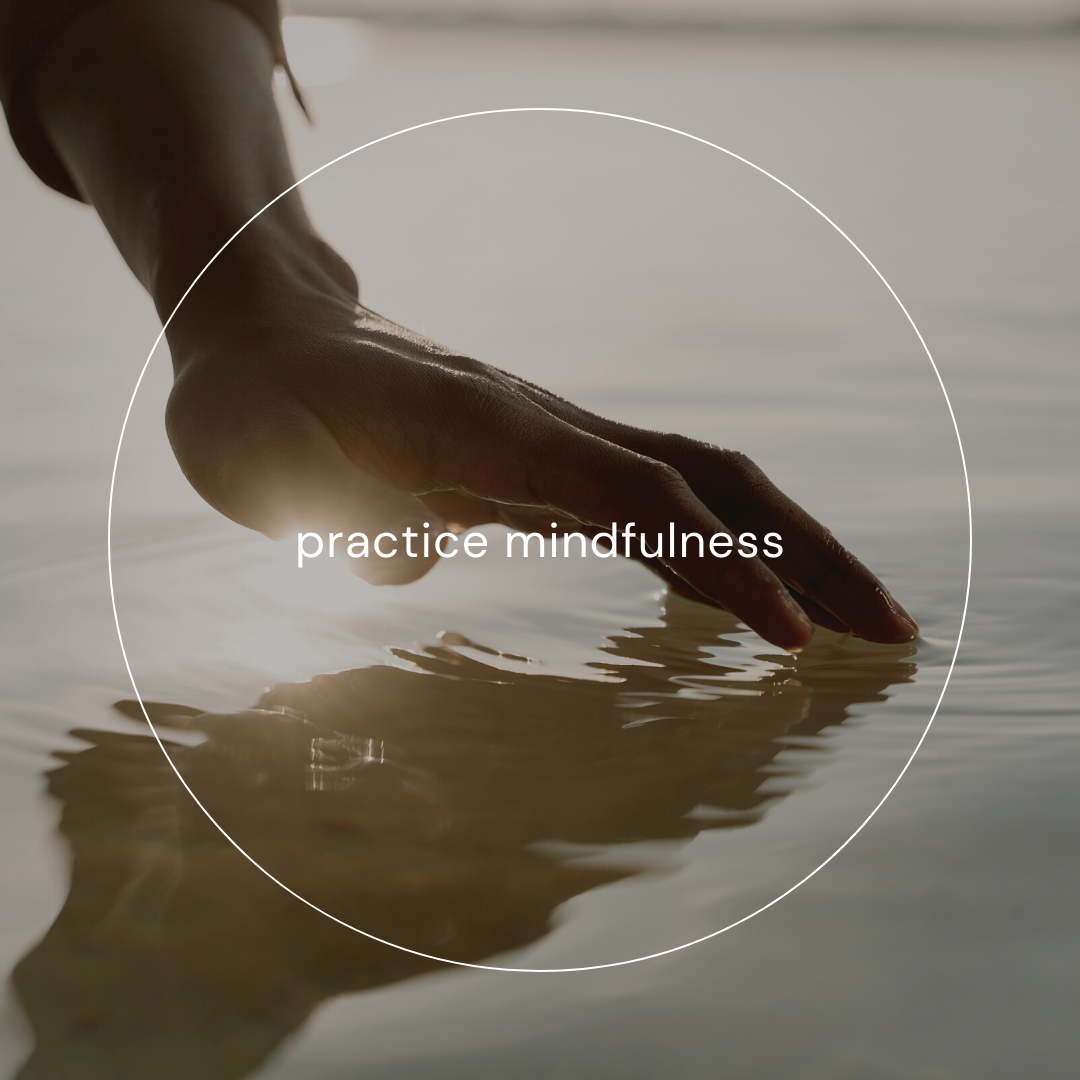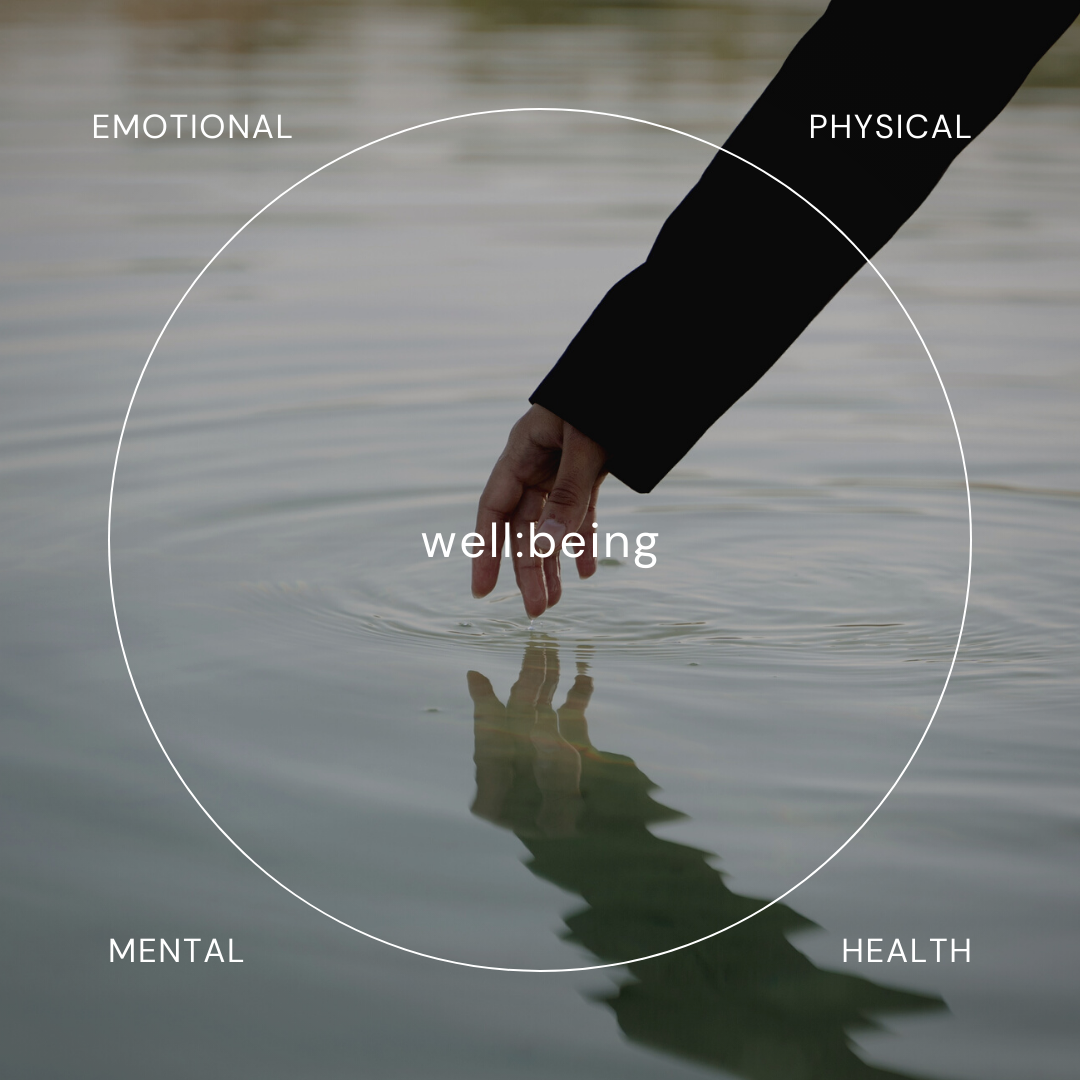Have You Checked Your Emotional Health Yet?
Key takeaways:
Emotional health influences decision-making and overall well-being significantly.
Well-being is multidimensional. It involves physical, mental, and emotional dimensions, each vital for overall health.
Practicing mindfulness can enhance emotional awareness and intuition, facilitating better decision-making and emotional regulation.
Acceptance, resilience, and self-leadership are essential for managing emotions and promoting well-being.
Would you like to know how emotionally healthy you are right now? Download our emotional health habits app and click on “quiz” to find out. Use code AQL100 to download it for free.
Health and well-being go hand in hand.
Well-being is a multidimensional concept that can positively or negatively contribute to our performance, health, and creativity. The fact that it involves more than one aspect of human life makes it complex and difficult to agree on a single definition.
The World Health Organization (WHO) defines well-being as “quality of life and the ability of people and societies to contribute to the world with a sense of meaning and purpose”. This definition connects well-being to:
● the extent to which our overall needs are satisfied
● whether we have, or not, a sense of direction in life
● how we contribute to society
In Psychology, and especially over the last twenty years, well-being has been studied and described within many frameworks. This effort has been particularly nurtured and expanded within Positive Psychology, the science of well-being and what makes life worth living.
Scholars Diener and Seligman have emphasised well-being factors like positive emotions, relationships, achievements and life engagement. Fredrickson and Boyatzis have called our attention to the importance of being intentional, mindful and positive when bringing positive change into our reality.
The same diversity can be found when we look for measures of well-being. Each framework often produces a unique measuring tool. Some pertain to what we call “objective well-being”, which deals with more material indicators of well-being (e.g. physical environment), and others to “subjective well-being”, which involves the more internal aspects of our human existence (e.g. emotions).
A Tripartite Model of Well-being
When teaching or working with clients and developing interventions, I start with a tripartite framework that allows us to focus on three foundational areas:
● physical well-being
● mental well-being, and
● emotional well-being
These three dimensions are equally important and can directly impact our well-being. They can also influence each other positively or negatively.
Physical well-being refers to our overall physical health and fitness level. It involves factors such as body weight, nutrition, sleep, and pain, among other indicators.
Mental well-being involves our mental state. It includes aspects such as cognitive functioning, perceptions, and beliefs. Emotional well-being deals with our emotional health and how we can cope with and manage both positive and negative emotions.
In my book “Emotional Health Habits”, I mention that emotions can be more challenging to navigate than thoughts. Cultural and social factors have prevented us from connecting and understanding how emotions impact our health and well-being.
For centuries, we have repudiated emotions by spreading the idea they can’t be trusted or used in decision-making. The fact is that, when educated and trained, emotions are one of the best allies we can have. They have the potential to help us make good decisions for ourselves and the greater good.
The Importance of Emotional Health
Whether we like it or not, how we feel influences our behaviour. These often result from a combination of what we feel and think. The quality of our emotions affects our decisions, and the quality of these affects our health and well-being.
Due to a lack of training and awareness, we tend to miss how our emotions colour our moods and worldview. We have disconnected from practices and rituals that create the space we need to feel and develop our intuition.
Intuition is our ability to understand the information and the signals our body and mind give us at any moment. It is an inner knowing that has been put aside and rejected in favour of more material and external ways of accessing information.
Now that neuroscience is providing evidence for what intuitive guides have taught for millennia, we need to be intentional about putting in the work needed to reconnect with our emotions and learn how to use them right so we can make better decisions daily.
Being Intentional With Our Emotional Health
So far, we have established that the quality of our emotions affects the quality of our decisions. These decisions impact our overall health and well-being. For this reason, we need to be intentional about emotional health and well-being.
One way to be intentional is to practice mindfulness, the capacity to be anchored and actively engaged in the moment. We can use mindfulness-based practices to become more aware of our emotions.
One of my favourite practices is mindful writing and colouring, two methods I offer in my book. Together, these practices can help us achieve heart-brain coherence, in which our hearts and brains synchronise harmoniously. Then, it becomes easier for us to tap into and develop our intuition.
Acceptance, Resilience and Self-leadership
Once we become aware of our emotions, we can move into acceptance. Here, acceptance is not a passive acknowledgement of what we feel but the recognition of the information our emotions have to offer us.
We can feel a range of complex emotions, from positive to negative. We can also feel them with different levels of intensity. The more we practice exercises like the ones I collected in my book, the faster we get at identifying and understanding what and how we feel.
Next, we have to focus on being resilient. We must adopt the attitude that we can overcome challenges, disappointments and changes. On top of developing this attitude, we must keep returning to the practices that remind us to be present with our emotions.
Although it would be theoretically nice, to only feel positive emotions all the time, it is not realistic or healthy. We need both positive and negative emotions to navigate through our human experience. The key is to practice self-reflection, and mindful writing exercises can help.
Conclusion
Accepting our emotions as pieces of information and adopting a resilient attitude give us a sense of self-efficacy and autonomy. These are two relevant factors when it comes to well-being.
The more competent we feel about dealing with our emotions, the better we will feel about ourselves and life. It is a call to self-leadership, to act on emotions in a way that prevents them from having a destructive and unhealthy impact on our well-being.
Although it can be scary and challenging, we shouldn’t postpone our emotional health for later. Tapping into emotions and working on habits that increase our emotional well-being is often the transformational journey we must embark on to start moving the needle.
Would you like to know how emotionally healthy you are right now? Download our emotional health habits app and click on “quiz” to find out. Use code AQL100 to download it for free.





